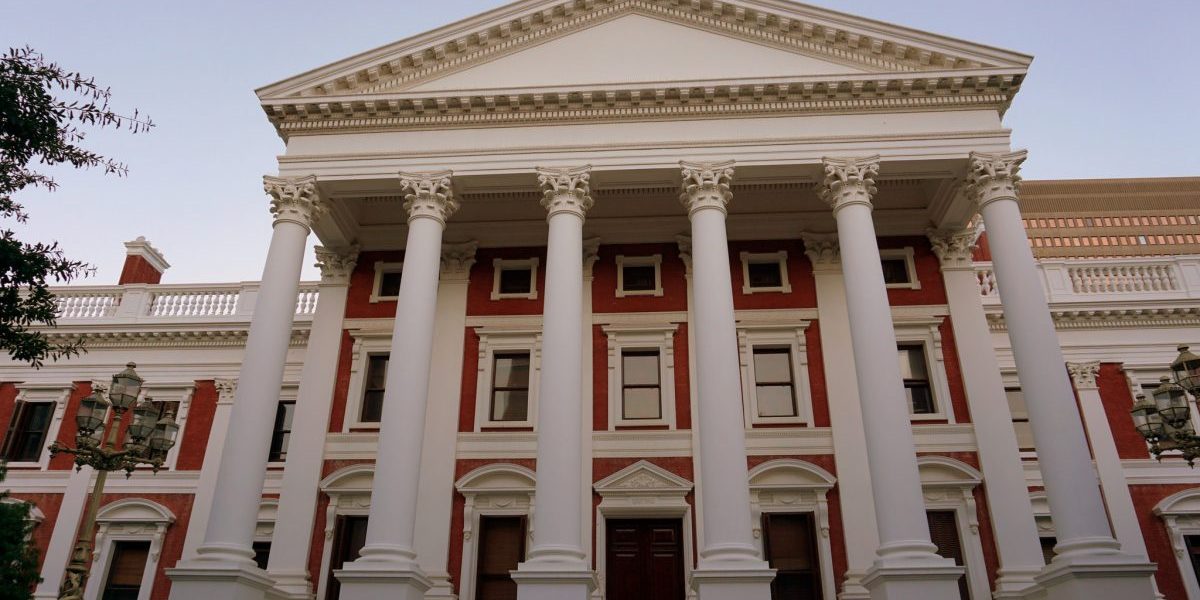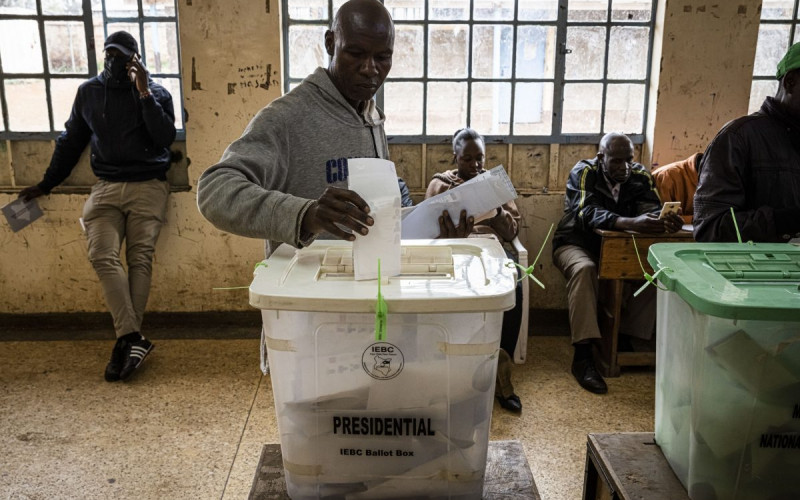The noble institution of parliament, the seeming voice of the citizen, elected by the citizen and theoretically removed by the citizen, became for two weeks yet again a stock exchange trading floor, with cheering/jeering crowds on either side as the latest MP “acquisition” was announced.
This performance truly begs an inquiry into what we mean by democracy, whom parliament truly represents, and what it says about our own multi-party democracy.
The floor-crossing provisions in SA reaffirm elite-driven interests focusing on protecting privileged individuals at the expense of the fundamental principle that defines what a parliament should be. This is so not because MPs should not have a right to cross the floor to another party. It is because our current system elects a party, not a particular representative. The proportional representation (PR) system in SA allows for no direct link between the individual and the voter. As many have said all too often, it makes the MPs beholden to the party and not to the electorate.
Where does that leave true “defectors” of conscience? In some constituency-based systems they may resign from the party, but continue to serve as independent MPs. After all they got their seat because the people voted for them directly. For that very reason, ironically, the PR system in SA does not provide any real space for “defectors” of conscience. Floor crossing in our PR party-list system protects MPs who may have fallen out with their party, by allowing them to keep their salaries and lifestyles, even though they are no longer on the list of that party.
Parliament should not be another institution for personal aggrandisement but the very vehicle through which the will of the citizens is expressed and legislated.
It begs repeating: the adoption of a mixed PR-constituency electoral system can only improve and rejuvenate the link between MPs and the communities they are meant to represent. It will bring them closer to the people. After all, is it not partly a sense of alienation and distance from the plight of the poor by the various organs of state that has led to the protests in municipalities across the country?
The political-party musical chairs, however, provide a sobering picture of the state of political parties in South Africa. Frustration with the lack in some instances of internal party democracy, dynamic, visionary and innovative party leadership confirms for many that there is really only one “party” in town.
The emergence of new political parties and the defection of MPs from one opposition party to another or to the ANC has served to further fragment the system of political contestation, while consolidating ruling party dominance in the legislature – and all without any input from the electorate.
As we know too well from examples of democratisation in other parts of the world, a multiplicity of political parties is a characteristic of a pubescent rather than a mature democracy. It does not necessarily make for a more vibrant or solid democracy. Often, the fragmentation and realignments are driven by politics of the ego and not issues of substance, such as serious disagreement about particular policy choices. This is not to say that some political parties do not have a well-thought-out party programme, but it is to reiterate that the splintering of parties has not manifested in markedly different policy positions within the opposition ranks.
Should MPs have the right to decide for the electorate about the vision paucity of any party, scarcely 18 months after a general election? No. Such a process makes a mockery of the right of citizens to choose their representatives.
It is apparent that some MPs use the opportunity to leave parties they see as moribund in terms of ideas and strategy. It tells us something about the nature and quality of our political parties and their leadership. It tells us about the expediency of some of our legislators. But above all it tells us that we have some way to go before our parliamentary system and the electorate graduate to reflect a closer correlation between the bread-and-butter issues of society and political party formation – and not politics of patronage and the personality.







